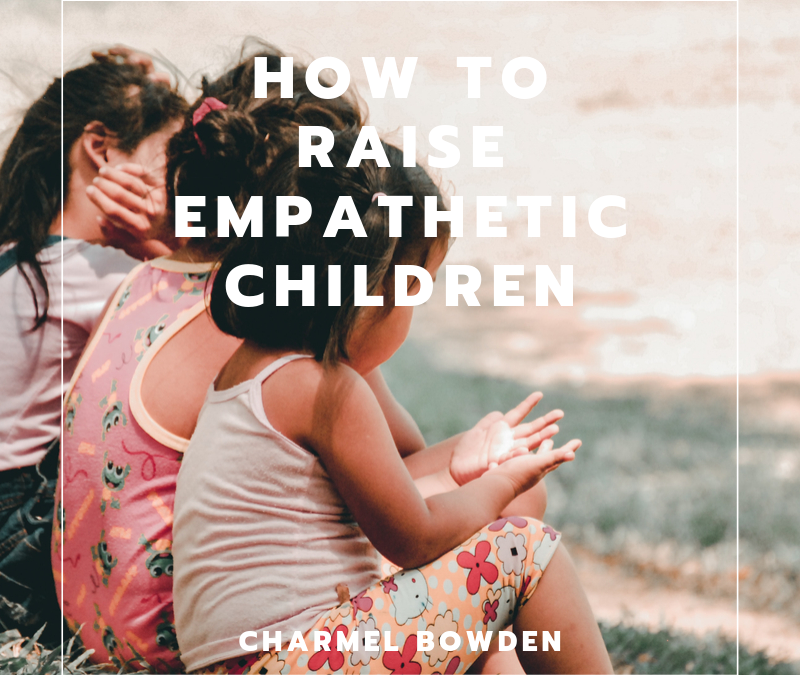When people endure trying times, it can be difficult for them to empathize with others. Most adults that lack empathy aren’t necessarily bad people. Typically, they are not educated to understand others’ perspectives during their childhood. Developing compassion for others at an early age makes them more likely to carry those behaviors into later years.
Many children that cannot show empathy toward their peers lack examples in their homes. When children’s physical and emotional needs are consistently met, they can properly focus on perspectives other than their own. For instance, when a child sees the garbage man picking up, meeting them in the driveway to ask how their morning is going shows the child to care about how someone else feels. Creating dialogues with questions like “What is the best thing to do for a friend?” or “How will they feel about going to see that movie?” causes them to express themselves while training them to value others’ opinions. Following up with adults their children regularly interact with on how kind they are to others also helps the parent understand their compassion levels.
Another great way to teach children empathy is by using worldly issues to help children understand outside perspectives. If a hurricane has devastated a community, talking with children about how people have been impacted will allow them to consider other people’s struggles and inquire about being a comfort to them. Watching the news followed by a brief family discussion about positive solutions a few times a week is a great way for parents to practice empathetic habits with their children. Asking questions that address their past feelings during adversity also keeps children emotionally engaged. Be sure to constantly articulate both healthy and harmful feelings to create a balance. Encouraging kids to volunteer also teaches them to be considerate of their community.
Empathetic adults begin as compassionate children. Parents must prioritize exercising their children’s empathy muscles. Consistently implementing teaching resources like books and educational programs will have a great impact. Practicing empathy regularly makes showing compassion second nature in later years. Healthy emotional habits directly correlate with having adult success, therefore reinforcing compassion in formative years will help them create a brighter future for everyone.

